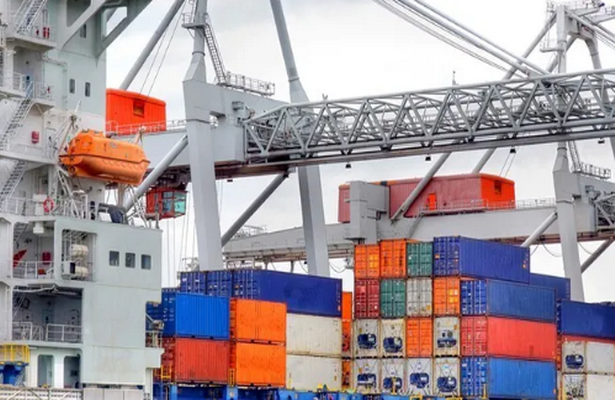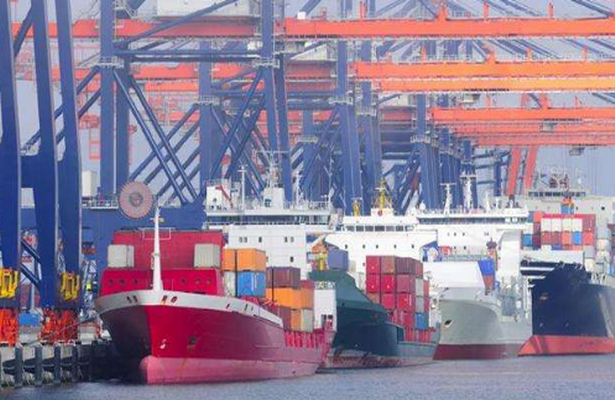Integrate global high-quality logistics and transportation resources to meet more personalized needs of domestic and foreign customers
Precautions for FBA sea freight consolidation
FBA sea freight refers to a logistics method of transporting goods on ships through containers. According to the form of cargo packaging, it can be divided into two types: full container transportation and bulk LCL transportation. Bulk cargo consolidation refers to two or more cargo owners loading goods into the same container and sharing the cost of container transportation together. With the rapid development of international trade and the continuous changes in transportation services, FBA sea freight consolidation has become a popular Amazon logistics method. However, due to the unique nature of this transportation method, many issues need to be noted in the actual operation process.

FBA sea freight consolidation is mainly divided into two methods: direct consolidation and transshipment. Amazon merchants should pay attention to distinguishing between these two methods and make the correct choice. Direct consolidation refers to the consistency of the destination port of the goods inside the container, and the goods will not be unpacked until they arrive at the destination port. This type of LCL has a shorter transportation cycle and higher transportation safety, making it a commonly used LCL method for FBA sea transportation. Transshipment refers to the process of unpacking, unloading, or transshipment of goods in containers with different destination ports. This LCL method takes a long time and is prone to shipping issues such as lost goods. Amazon merchants should try to avoid this LCL method as much as possible.

When FBA chooses LCL shipping, attention should be paid to the issue of bills of lading. According to the normal picking up procedures at foreign seaports, the consignee needs to provide a bill of lading for picking up the goods. However, there are many recipients for LCL, and FBA company generally takes up the goods uniformly. If the letter of credit stipulates that freight forwarders or FBA company bills of lading are not accepted, it will increase the difficulty for the consignee to pick up the goods. At present, many Amazon merchants write FBA company as the consignee. Although this processing method is convenient for picking up the goods, it also increases the risk of FBA shipping. Once FBA company flees with the goods, the shipper will face huge losses.
Relevant recommendation
- Explanation of FBA air freight operation process
- Will the freight volume of China Europe railway steadily increase in 2020
- Which FBA logistics freight forwarder is more reliable
- How to Reasonably Utilize FBA Logistics
- Explanation of China Europe Railway Freight Insurance Liability
- Explanation of China Europe Railway Freight Trains


